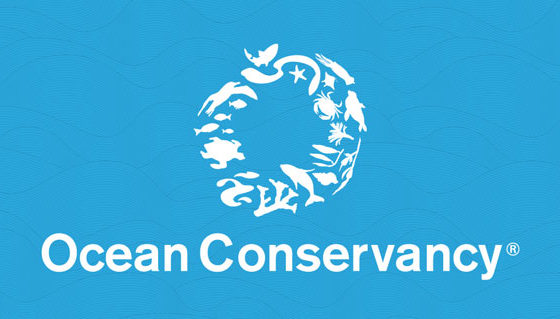Dishing the dirt on the secret life of soil
Published by the World Wildlife Fund Soil is a lot more than just dirt. It’s a living, breathing ecosystem that’s home to a quarter of all species on Earth. That richness of life is what supports forests and prairies; biodiversity in the soil also enhances agriculture. Many underground organisms process the nutrients that allow plants to […]














